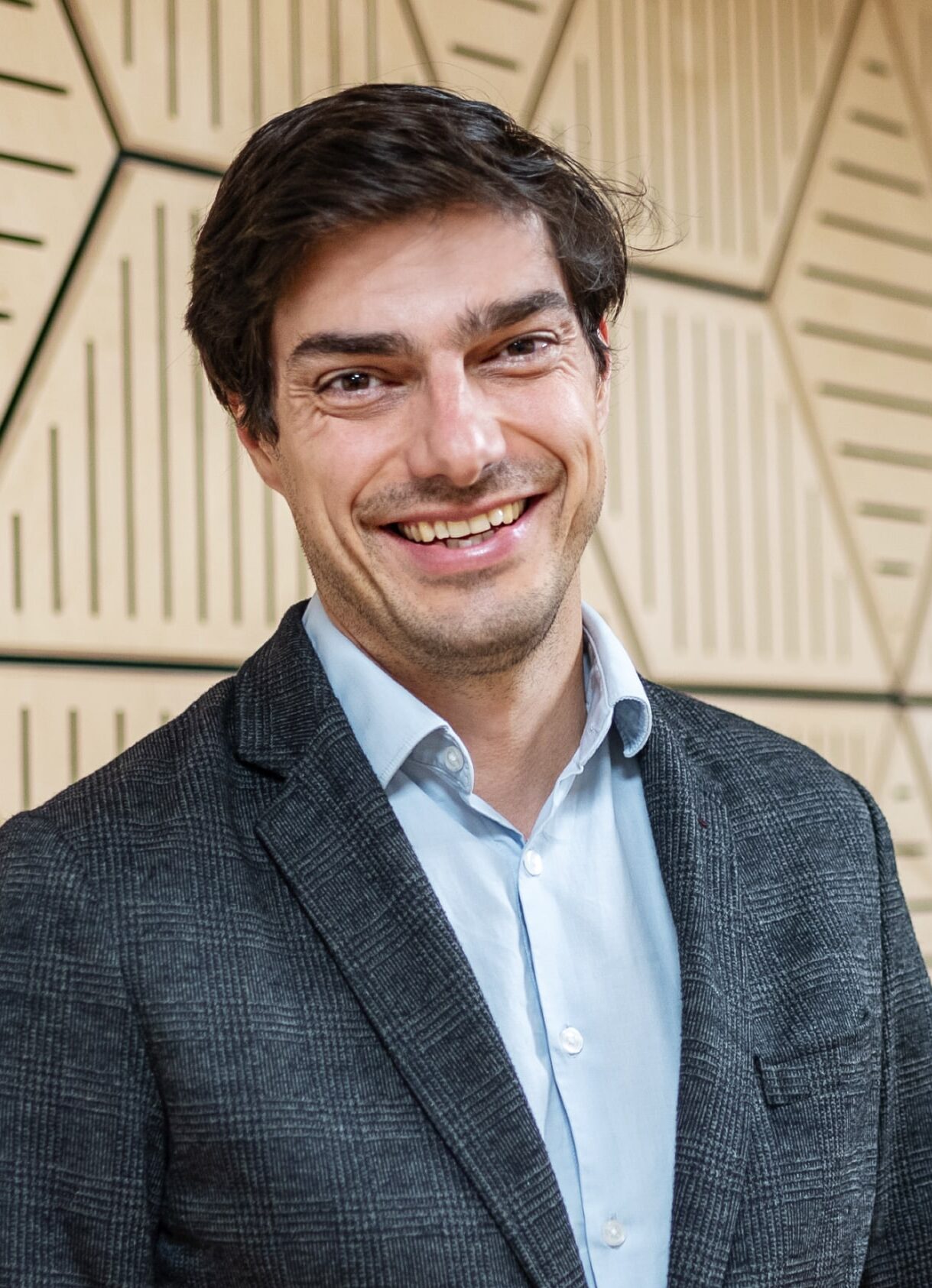How many times have you heard the expression ‘we don’t want this research to just sit on the shelf’? Sometimes people add something along the lines of ‘gathering dust’ for extra effect. But what’s behind it never changes – we want the research to be listened to, acted on. We researchers want our work to make a difference.
In late 2016, Niamh Goggin and I completed our research with 25 charities about their experience of seeking, receiving and managing social investment. The work was funded by Access – the Foundation for Social Investment and the Barrow Cadbury Trust with the support of the Charity Commission.
In October 2016, Barrow Cadbury Trust and Access – the Foundation for Social Investment provided further funding for IVAR to share the report Small charities and social investment.
Between November 2016 and March 2017, we gave tailored presentations, held meetings, spoke at conferences and ran workshops about the findings reaching more than 250 people through 12 separate events.
The process culminated in a final briefing that sets out what we learned.
Would we have done any of that without the funding? Some of it perhaps, but certainly not all of it and there are four ways that we think the funding made a difference.
Capacity: The funding enabled the authors’ collaboration to continue. That meant not only the time to deliver the workshops, speeches and so on, but also the time to continue to collaborate on what we were learning, what more we might want to ask so that we were truly sharing and then building on our research as we went along.
Strategy: Having a budget and an agreed timescale as well as the continued commitment and encouragement of our advisory group meant that we could plan a programme of work. We pushed ourselves to figure out the priority audience and the most important messages for them; and then we tailored presentations and messages.
Credibility: Having funding for the dissemination gave it credibility and status on several levels. Both authors had other contracts to fulfil or to secure. The funding gave the desire and commitment to disseminate the research status in our own minds, our calendars and our organisations. And it gave us status when we approached people and organisations who we thought needed to hear what we had to say.
Independence: Our independence is what won us our first joint contract with the Charity Commission and it’s what continues to be a core value in our work. Being funded to get the research messages out somehow emboldened us to be frank, direct and assertive about our findings. And by tasking (and funding) researchers to get the research findings out, the client is given the space to agree, disagree or comment on the findings.
So, what do we conclude from this? First, unless we share what we’ve learned, we haven’t finished the research ‘job’. Second, that costs money. Third, researchers aren’t great at budgeting or negotiating this stage of the research; and funders aren’t great at paying for it. This was a notable exception. Finally, a good first step might be for researchers and funders to be open to a frank exchange about expectations for dissemination and a willingness on both sides to look at what needs doing and how best to resource that.









